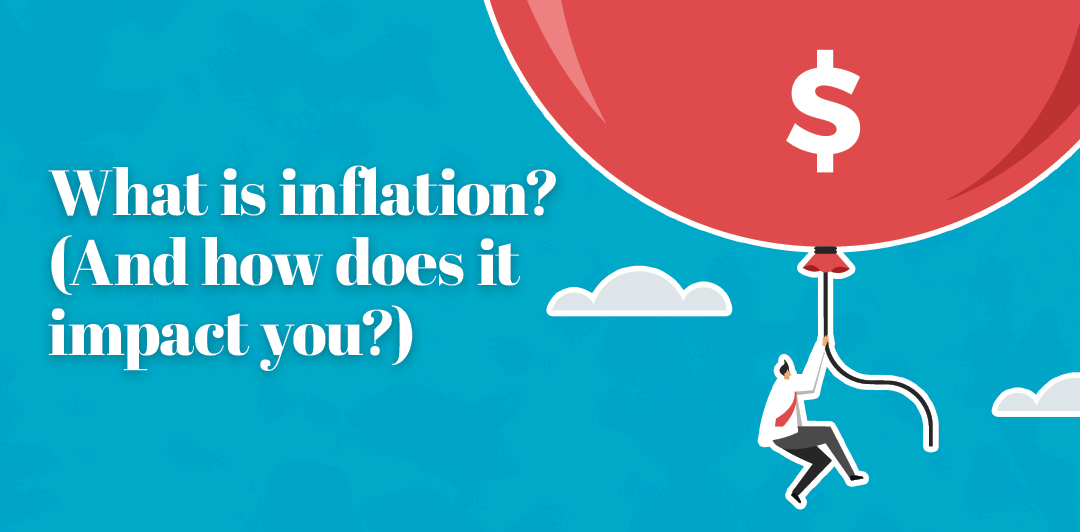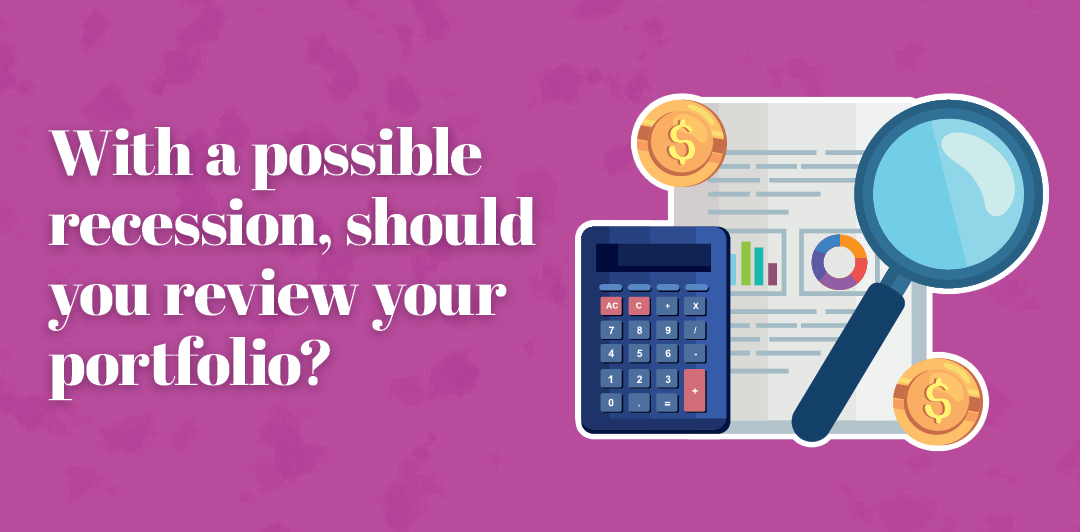


Three ways the SECURE Act may impact your retirement plans
A far-reaching new piece of federal legislation was signed into law on December 20, 2019, and it’s likely to affect most retirement savers.
The Setting Every Community Up for Retirement Enhancement (SECURE) Act puts in place several provisions that are designed to bolster retirement security in the U.S. and make it easier for small business owners to create retirement plans for their employees.
 Here are some highlights of the new plan:
Here are some highlights of the new plan:
Increased minimum withdrawal age
Prior to the SECURE Act, retired individuals with an employer-sponsored retirement plan or IRA were mandated to begin making withdrawals from their accounts at age 70.5. The new provision increases the required minimum distribution age from age 70.5 to age 72, providing additional time for 401(k)s and IRAs to grow.
Elimination of the “stretch” provision
The SECURE Act largely eliminates the stretch provision. Under the new rules, nonspousal retirement account inheritors are no longer allowed to take minimum distributions from the account over the span of their lives; rather, all assets must now be distributed within 10 years, which begins in the first year after the death of the account owner. Exceptions are made for a minor child, a surviving spouse, a disabled or chronically ill beneficiary and beneficiaries who are less than 10 years younger than the plan owner.
Additional tax credits for small business owners
Under the provision, small business owners can receive a tax credit of up to $5,000 for starting a retirement plan. The legislation also creates a new tax credit of up to $500 per year for small businesses that adopt an auto enrollment feature in their 401(k) plan.
Some of the rule changes require thoughtful planning, so speak with an F&M Trust professional today about how the SECURE Act will affect your finances.
Recent Articles
Join our e-newsletter
Sign up for our e-newsletter to get new content each month.






















